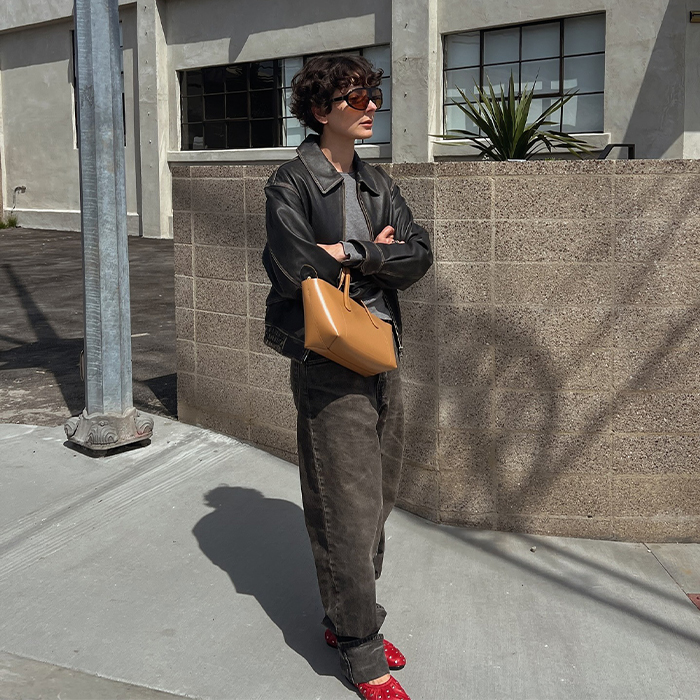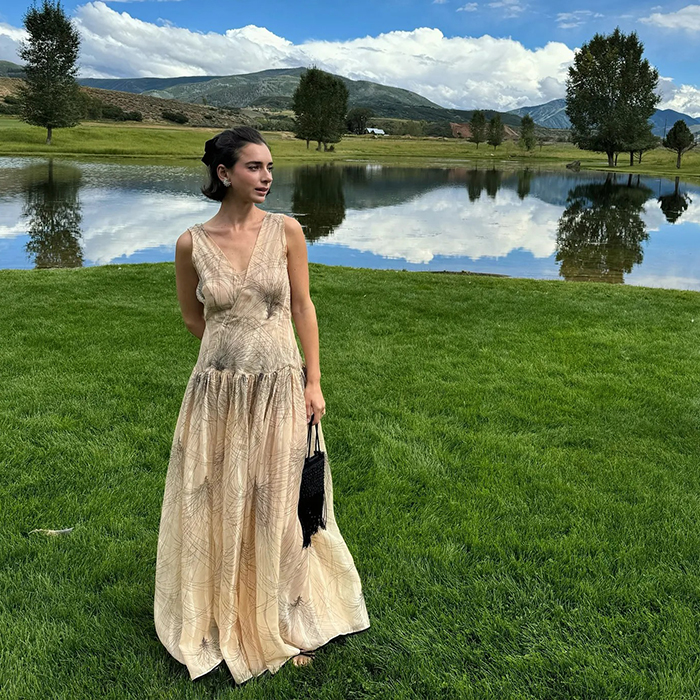Friend to Friend: These Are the Only Hair Dryers That Won't Inflict More Damage
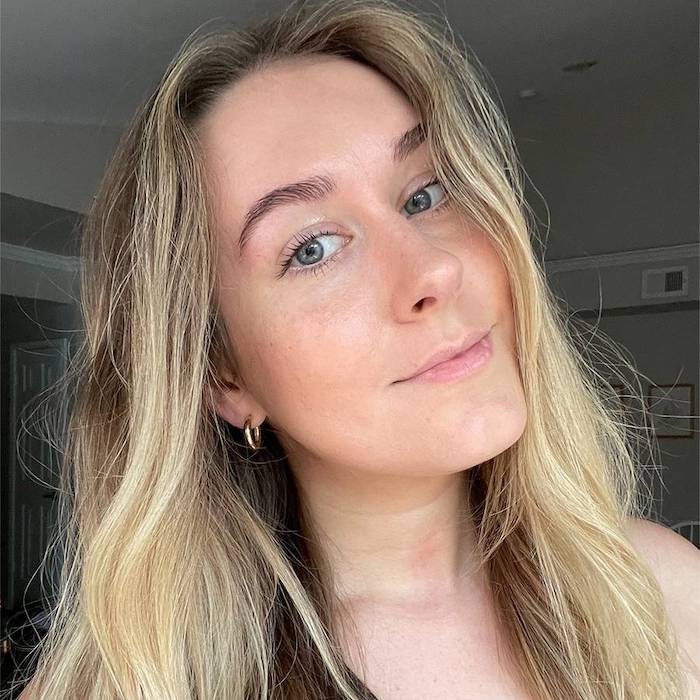
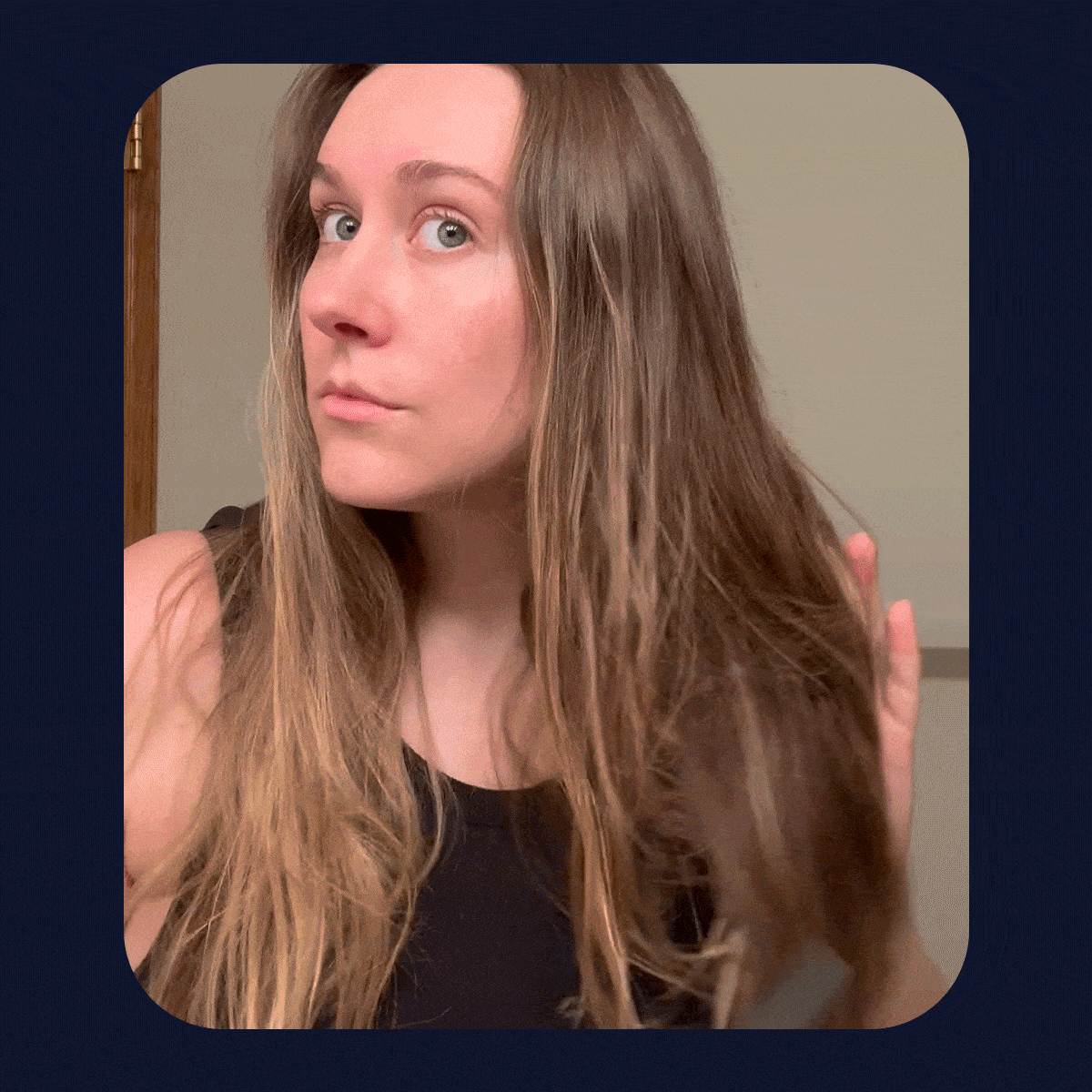
I have a love-hate relationship with heat tools. On the one hand, I love what they do, transforming my limp and lifeless locks into a style with movement and body. I have naturally fine and dry hair, so that's a big deal to me. On the other hand, I hate the damage they can cause with every styling session. All I have to do is use a cheap flat iron, curling iron, or hair dryer for a couple of weeks to see breakage, dullness, and split ends appear in droves.
That's why it's critical to find the right heat tools—those that will quickly and effectively style my hair while also minimizing damage. So far, I feel confident I've found the right flat irons and the right curling irons. I've even found the best hair dryers—but not for my dry, damaged hair. You see, my fragile strands need a hair dryer that's gentle enough to prevent even more damage yet strong enough to, you know, actually dry my hair. It's a fine line to walk. So as any beauty editor would do, I turned to the experts and the internet to get the best recs and then tested them myself. Ahead, see the best hair dryers for damaged hair, period.
The Top Picks
- Best Overall: Dyson Supersonic Hair Dryer
- Best Compact: Shark Speedstyle Hair Dryer
- Best Infrared: L'Oréal Professional Airlight Pro Hair Dryer
- Best Lightweight: Parlux 385 Powerlight Ionic and Ceramic Hair Dryer
- Best for Curly Hair: DevaCurl DevaDryer & DevaFuser
- Best Affordable: Remington Damage Protection Hair Dryer
- Best Ergonomic: Balmain Paris Hair Couture Professional Blowdryer
What to Look For in a Hair Dryer for Damaged Hair
Before we talk about the exact dryers that experts and the internet recommend, let's talk about what makes a good hair dryer in the first place. According to Jamila Powell, founder of Naturally Drenched and owner of Maggie Rose Salon, it comes down to three things: heat control, airflow, and wattage.
"Traditional hair dryers can cause damage and frizz because of a lack of heat control and airflow, but ionic and ceramic hair dryers—preferably with heat control—can effectively dry your hair with minimal damage," she says. "Another thing to pay attention to is the wattage of your hair dryer. Wattage determines heat and drying speed, and a dryer with a wattage around 1400 will effectively dry all hair textures without going overboard and causing damage."
The 7 Best Hair Dryers for Damaged Hair
Best Overall: Dyson Supersonic Hair Dryer
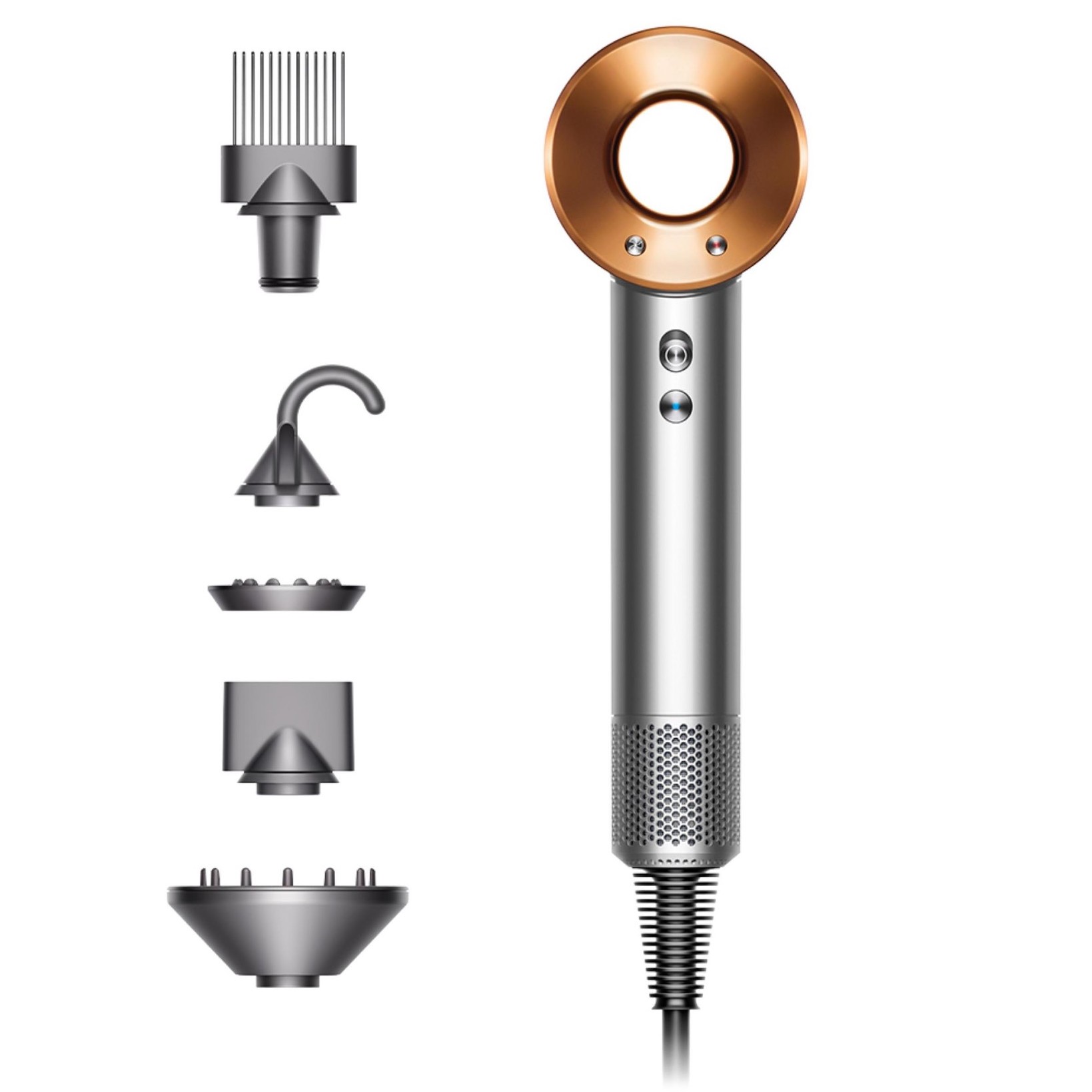
Big surprise—the Dyson hair dryer made the list. While the price tag is certainly, um, imposing, there's a reason so many people swear by this machine. It's scientifically engineered to protect the hair from damage, it promotes shine and smoothness, it's super lightweight, and it comes with five easy-to-change magnetic styling attachments. It's the original, high-tech, damage-preventing hair dryer. Click here to read one editor's full review.
Pros: Four heat and three airflow settings; smoothes frizz with Coanda effect; lightweight; five attachments
Cons: Pricey
Material: Plastic | Wattage: 1600 watts | Weight: 1.8lbs | Technology: Ionic
Customer review: "I had to admit, I had reservations about spending the amount of money for this dryer. … The first time I used it I felt it did well. My drying time was 20 minutes. Using it the second time I had a better feel for the dryer and wow, my hair looked amazing and it was soft. By the time I flat ironed it, I looked like I came from a salon and had a silk press done. I have been receiving so many compliments. I still think it is expensive but I get salon-quality hair and I did it myself!"
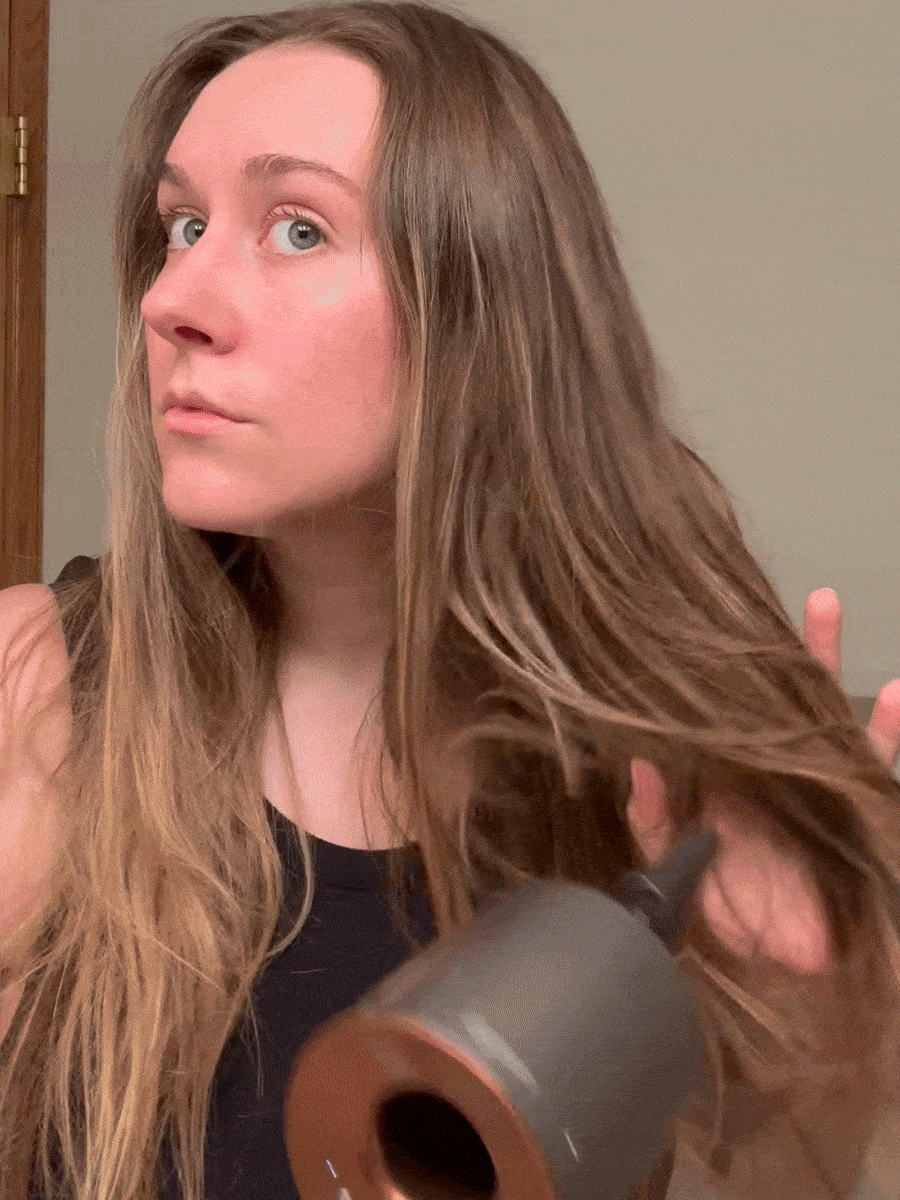
I loved using the Dyson Supersonic Hair Dryer. It dried my hair in less than five minutes flat.
Best Compact: Shark Speedstyle Pro Flex Hair Dryer
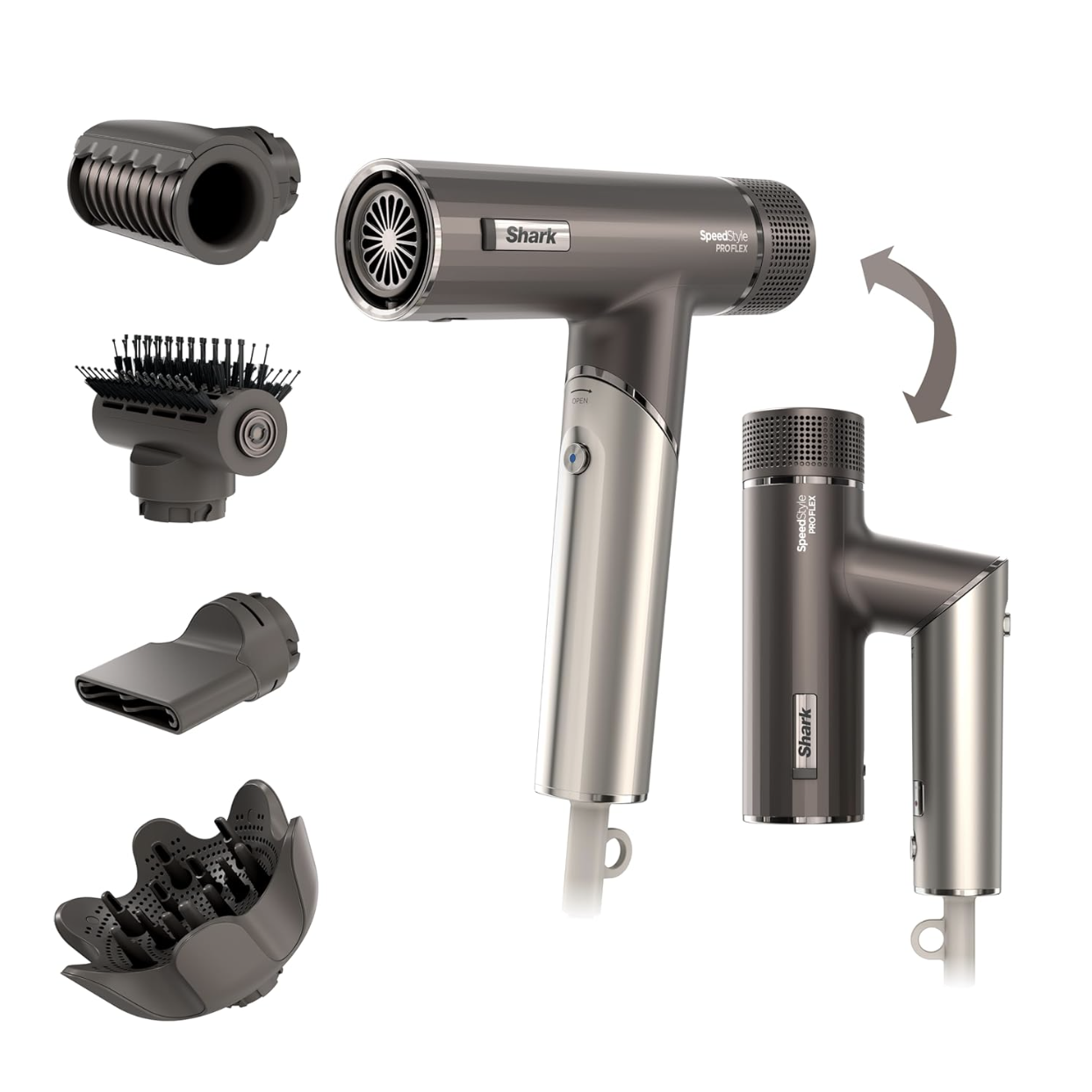
This professional-performance hair dryer reaches 100 mph airflow in less than a second while measuring and regulating the temperature 1000 times per second, never exceeding 230°F. That means hair is taken from wet to dry fast, without having to worry about damage. It even features IQ Styling, which is a feature that auto-adjusts the temperature for each accessory for ideal styling, and Scalp Shield Mode, which instantly reduces air temperature for scalp comfort and root drying.
I love that it's super lightweight (my arm doesn't get tired like it does when holding up other hair dryers) and has a folding handle that minimizes it to half its original size for compact storage and/or travel. (This is the hair dryer I pack in my bag so I don't have to rely on scorching hotel hair dryers.) I also love that you can build your own combination of accessories; you can choose any three to go with the dryer.
Pros: 100 mph airflow; temperature regulation; IQ Styling; lightweight; folding handle; comes with three attachments
Cons: Pricey
Material: Plastic | Wattage: 1750 watts | Weight: 1.63lbs | Technology: Ionic
Customer review: "The Shark SpeedStyle hair dryer is amazing! It’s super lightweight, dries my hair in minutes, and delivers the same high performance as other brands that cost twice as much (or more). The airflow is powerful without being too harsh, and my hair feels smooth and healthy after using it. For the price, the quality is unbeatable—definitely a top-notch dryer!"
Best Infrared: L'Oréal Professional Airlight Pro Hair Dryer
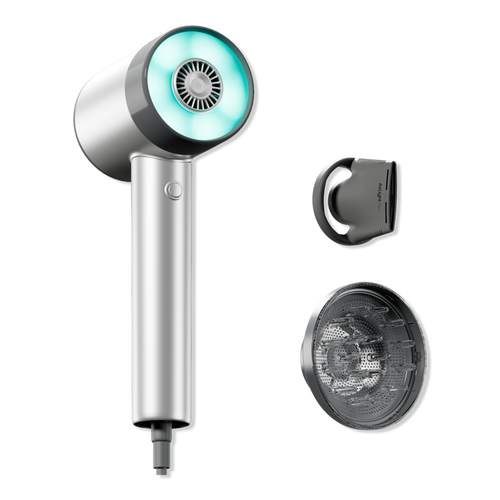
Celebrity hairstylist Castillo Bataille recommends L'Oréal's new Airlight Pro Hair Dryer above all others. "Hands down, my go-to for damaged hair is the L'Oréal Professionnel AirLight Pro," he says. "It's powerful but super gentle thanks to infrared light technology, which dries hair faster at lower heat, keeping it healthy and hydrated. Unlike traditional dryers that can overheat and strip moisture, this one helps retain natural hydration and leaves hair feeling soft and smooth. I also love pairing it with Matrix Food for Soft Hair Serum ($33) after styling—it adds that extra dose of nourishment and shine without weighing hair down."
Pros: Combines infrared light, air, and heat to dry hair without damage; customizable settings; app to save settings/preferences to your dryer; comes with two attachments
Cons: Pricey
Material: Plastic | Wattage: 1875 watts | Weight: 1.7lbs | Technology: Infrared
Customer review: "This dryer made my hair feel literally like I just walked out of my hair salon, honestly actually better! So many functions to choose from too. I've been using the damaged function and finish with the sleek option. My teenage sons use it with the diffuser to style their curly mop tops lol!!! It's pricey but in my opinion totally worth every penny."
Best Lightweight: Parlux 385 Powerlight Ionic and Ceramic Hair Dryer
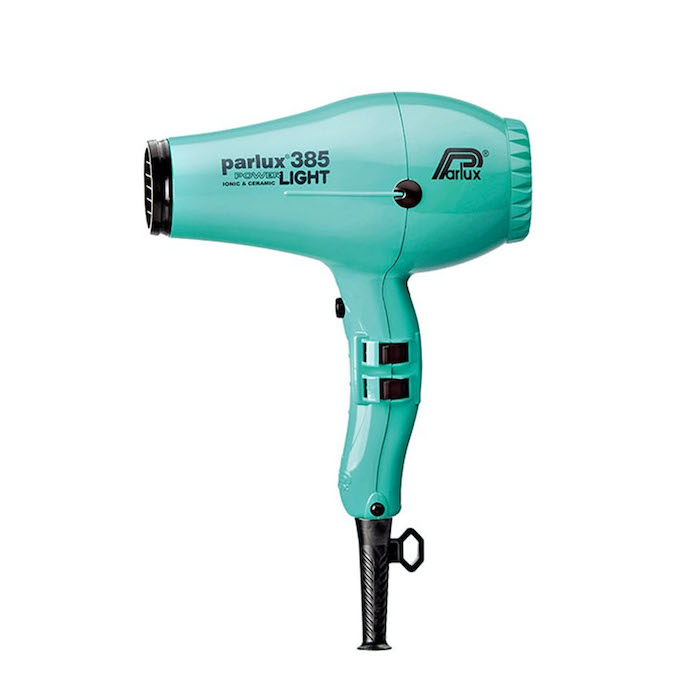
With clients such as Reese Witherspoon, Nicole Kidman, Jennifer Lawrence, and Kamala Harris, hair expert Cory Aaron Scott knows a thing or two about the importance of a good heat tool. His go-to hair dryer is the Parlux Ionic and Ceramic Professional Hair Dryer. Yep, ionic and ceramic for the utmost hair health protection. "I have used this every day for over a decade," he says. "It has been reliable, easy to use, and extremely lightweight. The price is very reasonable considering you'll be using it for years to come."
Pros: Combines iconic and ceramic technology to dry hair without damage; two-speed settings; built-in silencer for less noise; energy-saving technology; comes with two nozzles
Cons: It doesn't have as powerful airflow as other hair dryers
Material: Plastic | Wattage: 2150 watts | Weight: 2lbs | Technology: Ionic and ceramic
Customer review: "This is probably the best hairdryer I’ve ever owned. Lightweight and compact, yet powerful. Dries my hair fast and leaves it smooth and soft. The hot setting isn’t overly hot like some hairdryers."
Best for Curly Hair: DevaCurl DevaDryer & DevaFuser
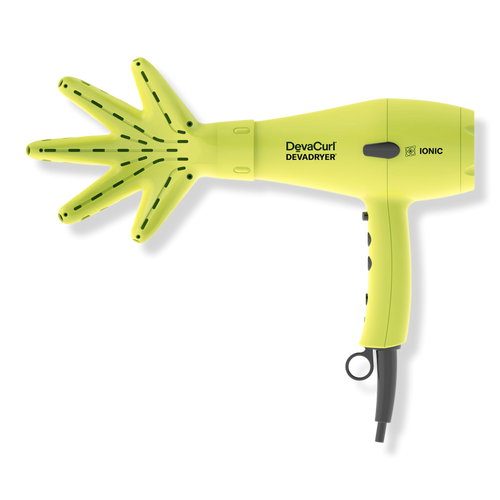
Lulu Pierre is a hair expert and founder of Boho Locs. Her top hair dryer recommendation is this one from DevaCurl. It was specifically designed for wavy and curly hair. "I love the DevaCurl DevaDryer with the diffuser attachment," she says. "It's an ionic dryer that's perfect for natural hair because its negative ions dry hair quickly while the diffuser lets the airflow surround curls evenly. The shape of the diffuser is also great for scrunching, which helps set curl patterns without causing more frizz."
Pros: Iconic technology; two-speed settings; comes with patented, hand-shaped DevaFuser that surrounds curls in 360-degree airflow; gets right to the roots to help curls dry faster.
Cons: It might not work as well for non-curly hair types
Material: Plastic | Wattage: 1800 watts | Weight: 1lb | Technology: Ionic
Customer review: "My Devadryer and Devafuser have lived up to the hype. I've heard a lot of great things about it over the years and am happy to add it to my curl routine. It leaves my curls bouncier than I've ever been able to get them since I've gone natural."
Best Affordable: Remington Damage Protection Hair Dryer
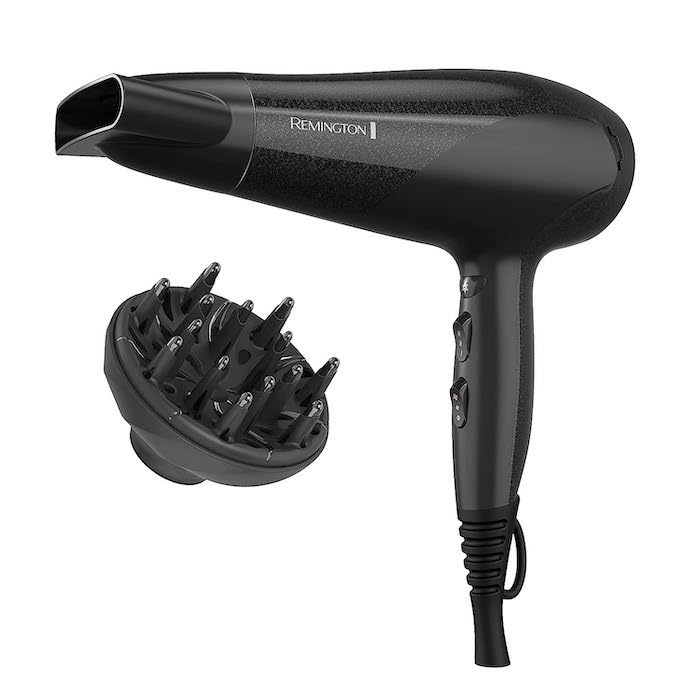
Sometimes a budget doesn't allow for expensive hair dryers, and that's okay because you can get effective, non-damaging results from affordable options. My favorite is Remington's Damage Protection Hair Dryer. As the name implies, it was created specifically with damage protection in mind. It features ceramic, ionic, and tourmaline technology and has three heat and two speed settings. It's even infused with micro-conditioners that dispense from the grill to protect the hair while styling. Oh, did I mention it costs less than $20 right now?
Pros: Iconic, ceramic, and tourmaline technology; three heat settings; two speed settings; infused with micro-conditioners to protect hair during styling; comes with two attachments
Cons: It takes longer to dry hair than some more expensive options.
Material: Plastic | Wattage: 1875 watts | Weight: 2.33lbs | Technology: Ionic, ceramic, and tourmaline
Customer review: "I've been trying to revive my natural waves and this hair dryer is perfect for my needs. I use it on the coolest setting with the diffuser attachment and it dries my hair without making it frizz. The highest heat setting isn't very hot either, so it likely wouldn't damage your hair if you used it, though I have not tested the theory. The cool shot setting is pretty cool but I don't use that either as I don't use heat. As large as the device is, it's still very lightweight, which is great because I have to blow dry my hair upside-down for volume. Great value for the price."
Best Ergonomic: Balmain Paris Hair Couture Professional Blowdryer
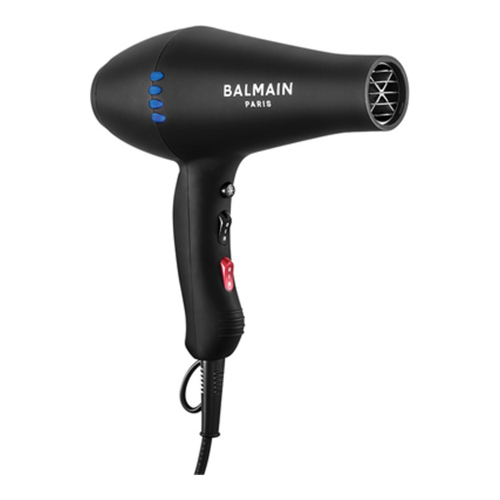
George Papanikolas is a celebrity hairstylist and colorist. He recommends this Balmain Blowdryer. "I love the Balmain professional blow dryer because it’s powerful, lightweight, and gives a super-polished finish without singeing the hair like some dryers can," he says. Plus, the professional design is incredibly lightweight (less than one pound), coated in a rubberized finish for grip, and has a flexible three-meter-long cord. It's both ergonomic and très chic, non?
Pros: Iconic technology; three speed settings; four heat settings; lightweight, rubberized finish for good grip; features a three-meter professional power cable that allows for flexible styling
Cons: Pricey
Material: Plastic | Wattage: 2000 watts | Technology: Ionic
At-Home Blowout Tips
Even though the right hair dryer can make a world of difference in the health of your hair, it's not the only variable to consider. As Powell puts it, "Choosing the right hair dryer is only half the battle!" You also have to consider how you're using a hair dryer and what products you're using to protect your vulnerable strands from thermal damage. If you're not using anything, then it's time to start. The pros have some suggestions.
Tip #1: Make Sure Your Hair Is Mostly Dry Before Using a Hair Dryer (Yes, Really)
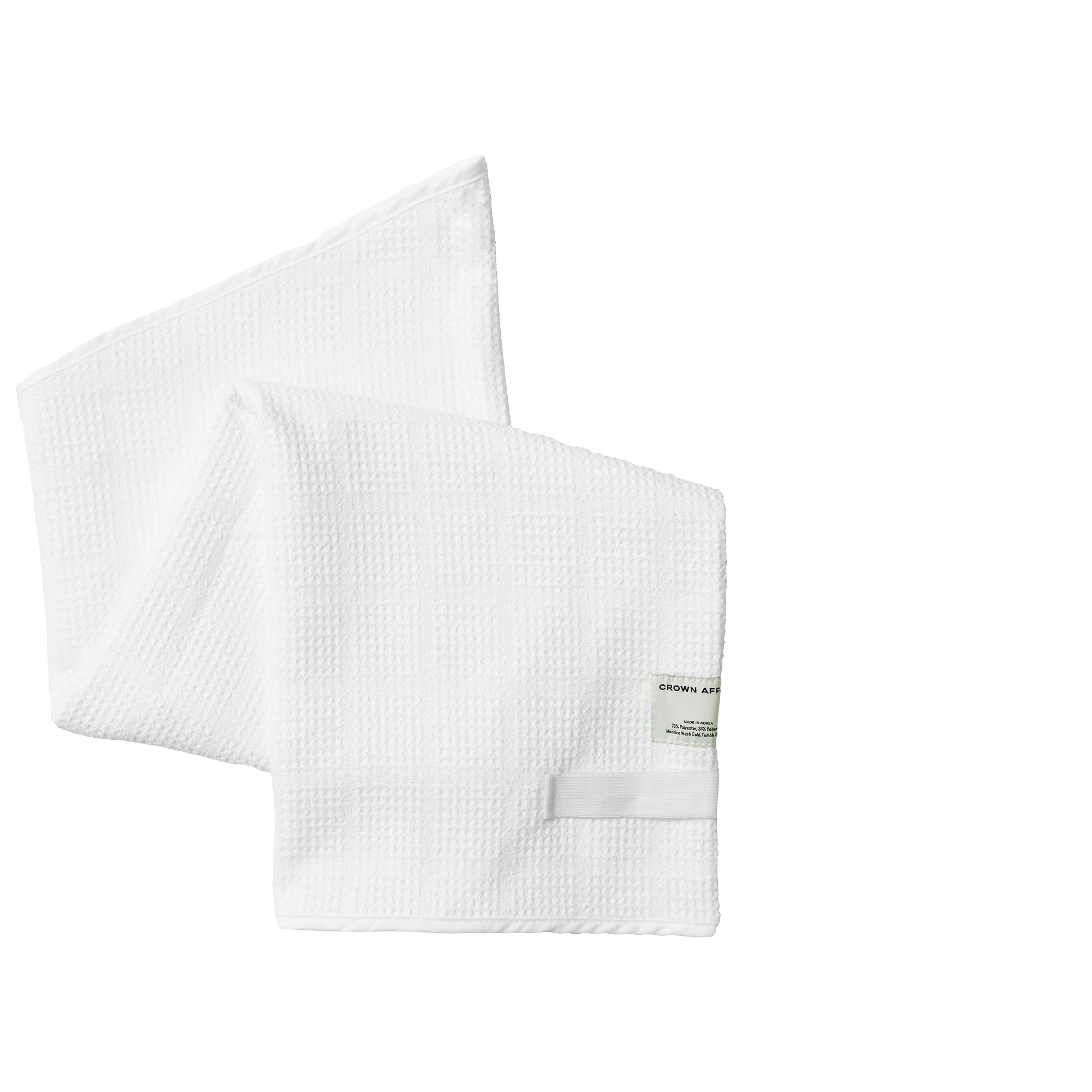
Caring for your hair starts the second you step out of the shower. Before reaching for your hair dryer of choice, Powell recommends making sure your hair is already mostly dry. This will cut down on heat exposure, which will reduce potential damage. "You can air-dry or use a microfiber towel before you start blow-drying," she says.
Tip #2: Apply Heat Protectant
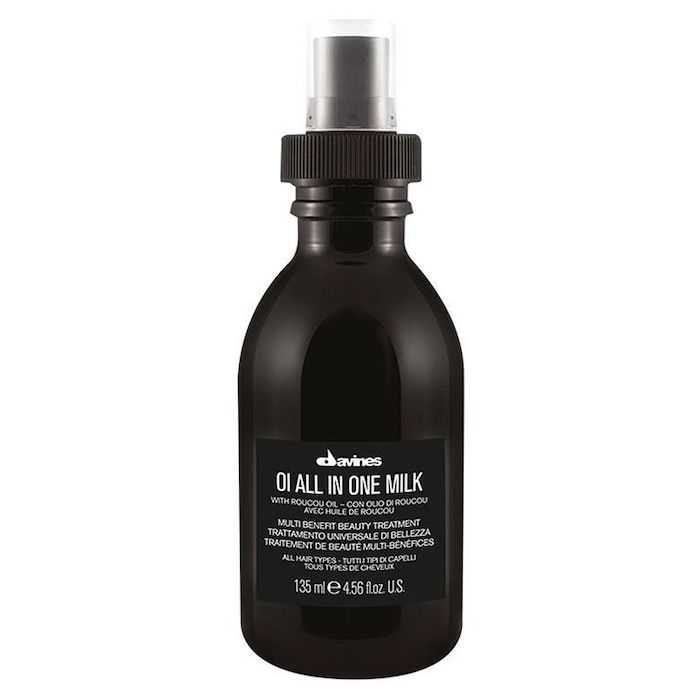
Next, it's time for a heat protectant, and please, for the sake of your strands, don't skimp on this part. "Applying heat protectant is key, and it's a step that I see a lot of people neglecting because hair dryers seem 'safer' when they're temperature controlled," Powell says. "Heat is heat, so your hair needs protection no matter what your dryer promises."
Scott recommends this hair milk since it's so lightweight and hydrating. It's also multi-beneficial. It offers heat protection along with smoothing and detangling effects.
Tip #3: Dry Your Hair in Sections—Not All at Once
After rough-drying your hair, you should always blow it out in sections. That's according to Scott, who says, "When it comes time to smooth the hair, I always start with the hairline, taking half-inch sections, blow-drying the hair away from the face, and using lots of tension with a boar-bristle round brush. Keep taking half-inch sections until every section is smooth and shiny."
Powell agrees, saying drying your hair in sections is the key to replicating a professional salon blowout at home. "This will help ensure even drying without causing a full head of frizz that results from the cuticles getting pushed up in different directions," she says.

Kaitlyn McLintock is a Beauty Editor at Who What Wear. She has 10 years of experience in the editorial industry, having previously written for other industry-leading publications, like Byrdie, InStyle, The Zoe Report, Bustle, and others. She covers all things beauty and wellness-related, but she has a special passion for creating skincare content (whether that's writing about an innovative in-office treatment, researching the benefits of a certain ingredient, or testing the latest and greatest at-home skin device). Having lived in Los Angeles, California, and Austin, Texas, she has since relocated back to her home state, Michigan. When she's not writing, researching, or testing beauty products, she's working through an ever-growing book collection or swimming in the Great Lakes.
-
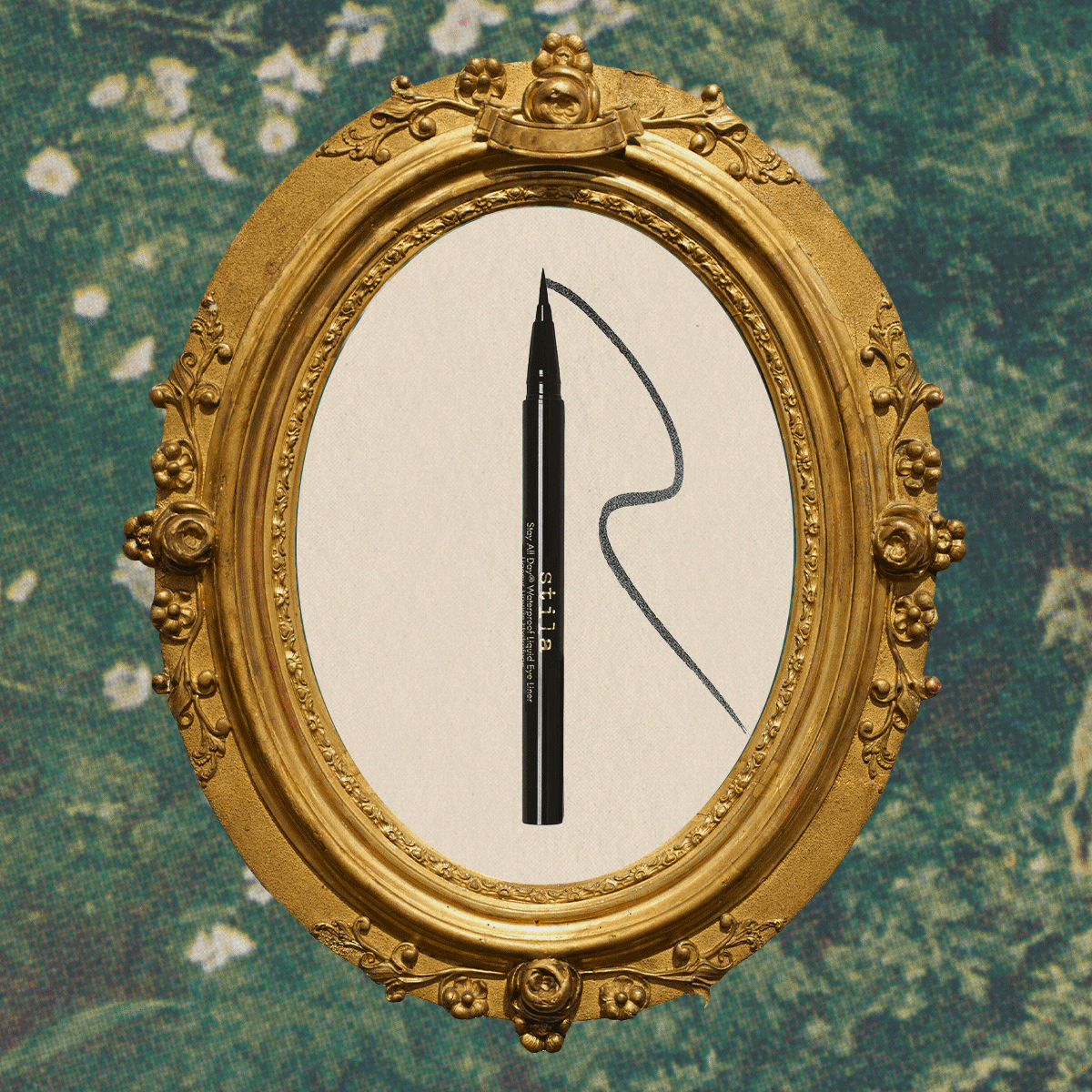 Millais's "Ophelia" Has Become My Favorite Spring Beauty Aesthetic—Here's How I'm Bringing It to Life
Millais's "Ophelia" Has Become My Favorite Spring Beauty Aesthetic—Here's How I'm Bringing It to LifePretty as a picture.
By Maya Thomas
-
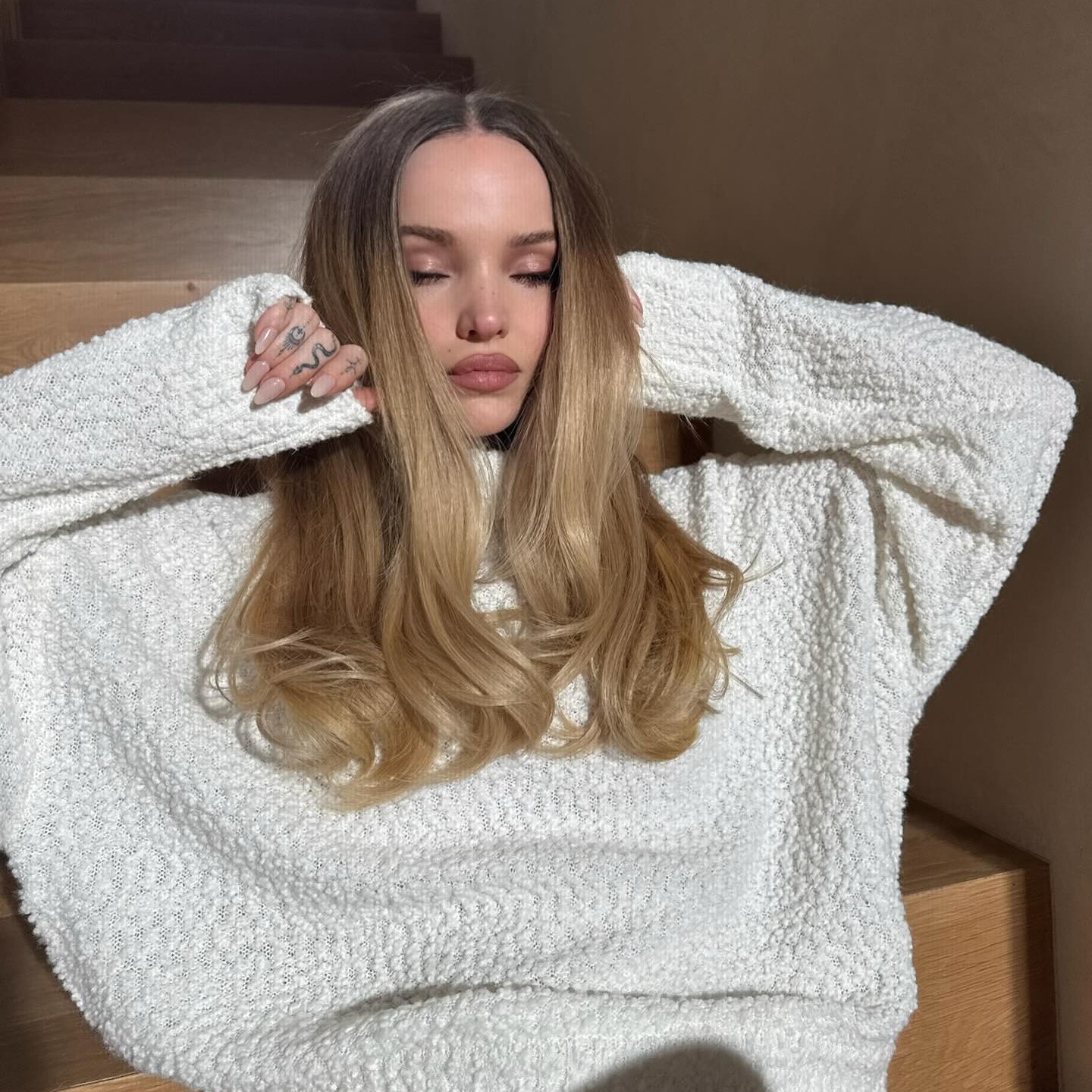 Somebody Call 2014—This "Tumblr" Hair Trend Is Officially Back for Spring
Somebody Call 2014—This "Tumblr" Hair Trend Is Officially Back for SpringGet ready to blast My Chemical Romance.
By Jamie Schneider
-
 It's Hard to Find Products for My Coarse, Curly Hair, But This Unexpected Brand Is So Impressive
It's Hard to Find Products for My Coarse, Curly Hair, But This Unexpected Brand Is So ImpressiveA line that *truly* works for all hair types.
By Shawna Hudson
-
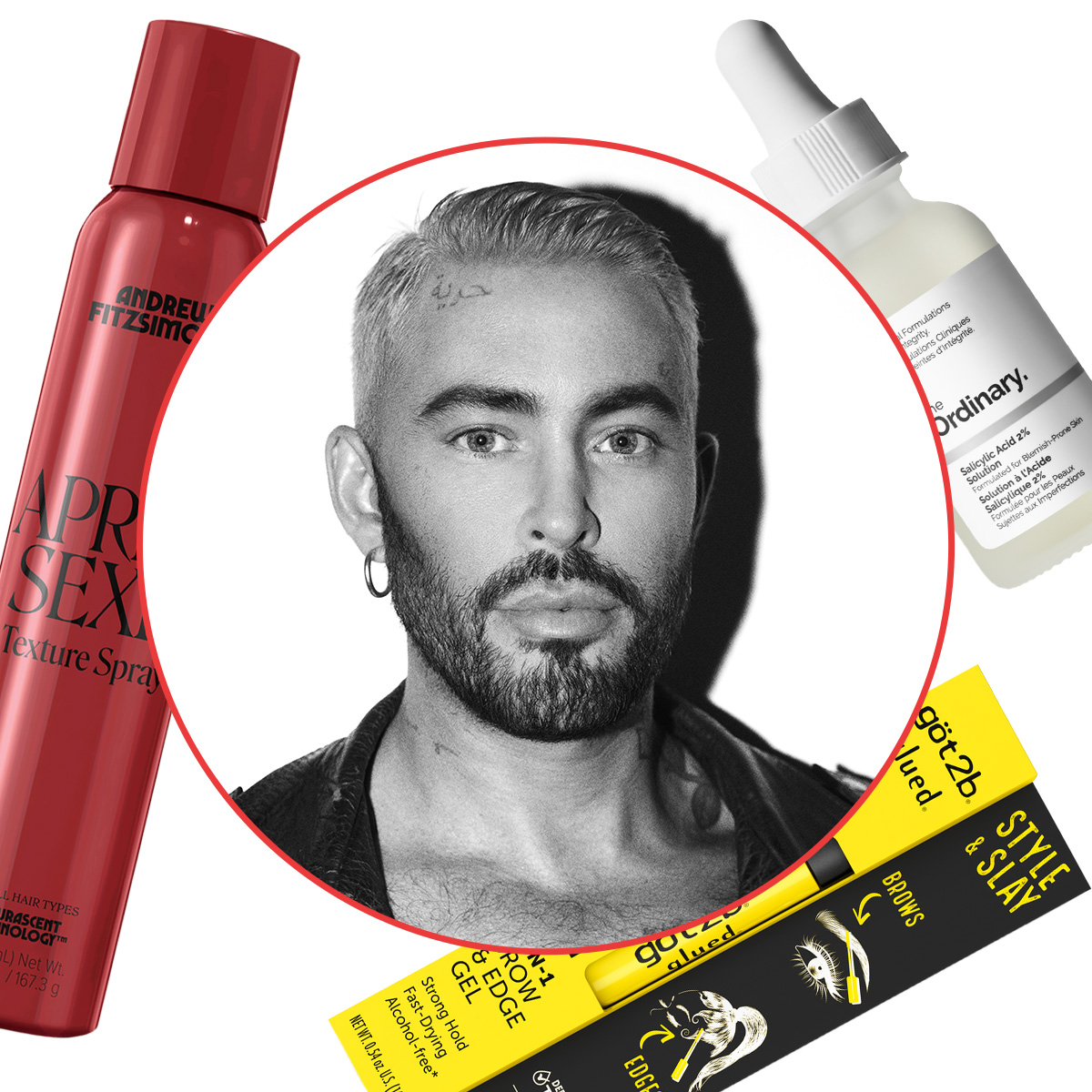 My Clients Are Known for Glossy, Expensive-Looking Hair—8 Drugstore Items I Think You Should Own
My Clients Are Known for Glossy, Expensive-Looking Hair—8 Drugstore Items I Think You Should Own"It's not about the price tag—it's about performance."
By Kaitlyn McLintock
-
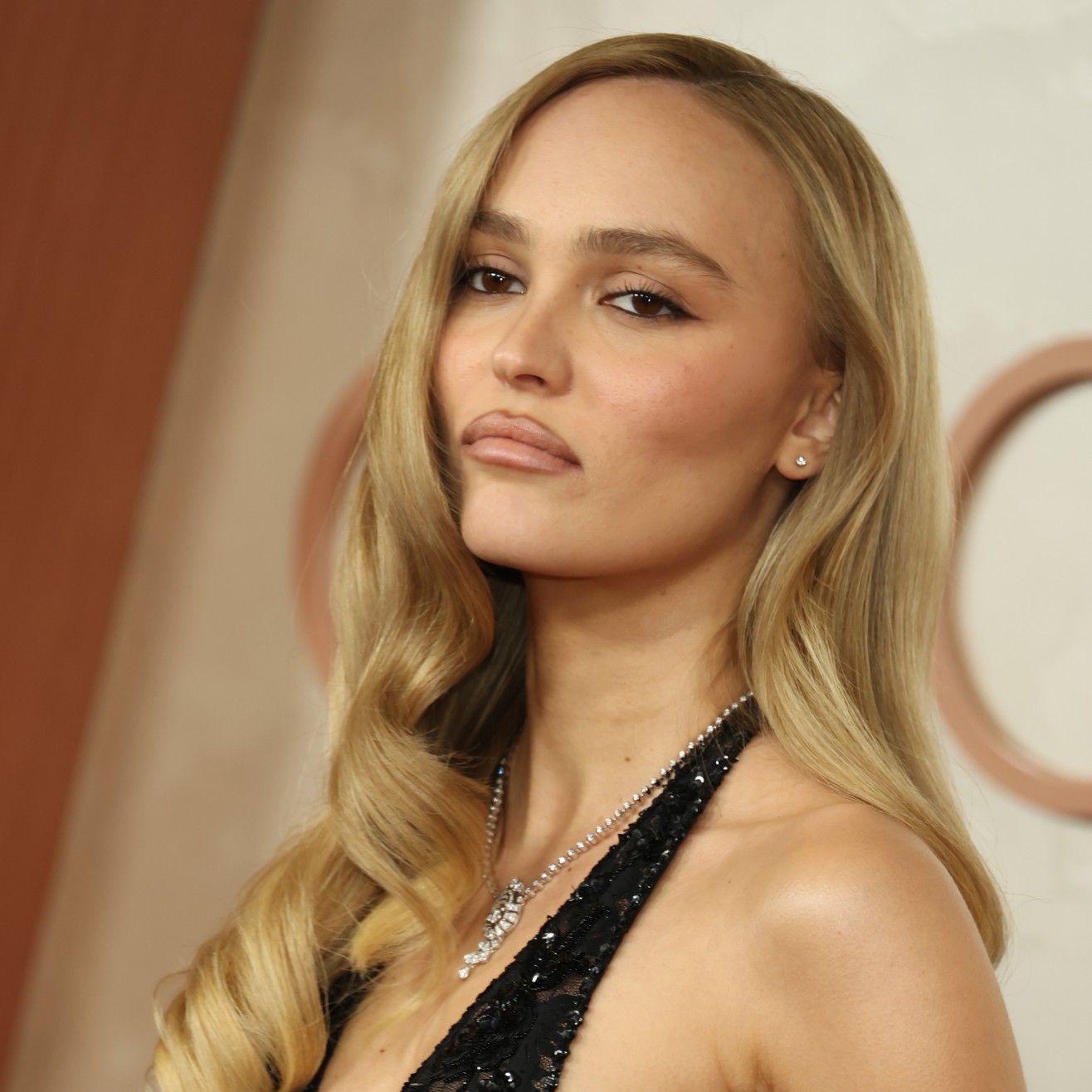 These Under-$15 Products Are Responsible for Lily-Rose Depp's 1940s-Inspired "Hollywood Icon" Curls
These Under-$15 Products Are Responsible for Lily-Rose Depp's 1940s-Inspired "Hollywood Icon" CurlsI must re-create them ASAP.
By Jamie Schneider
-
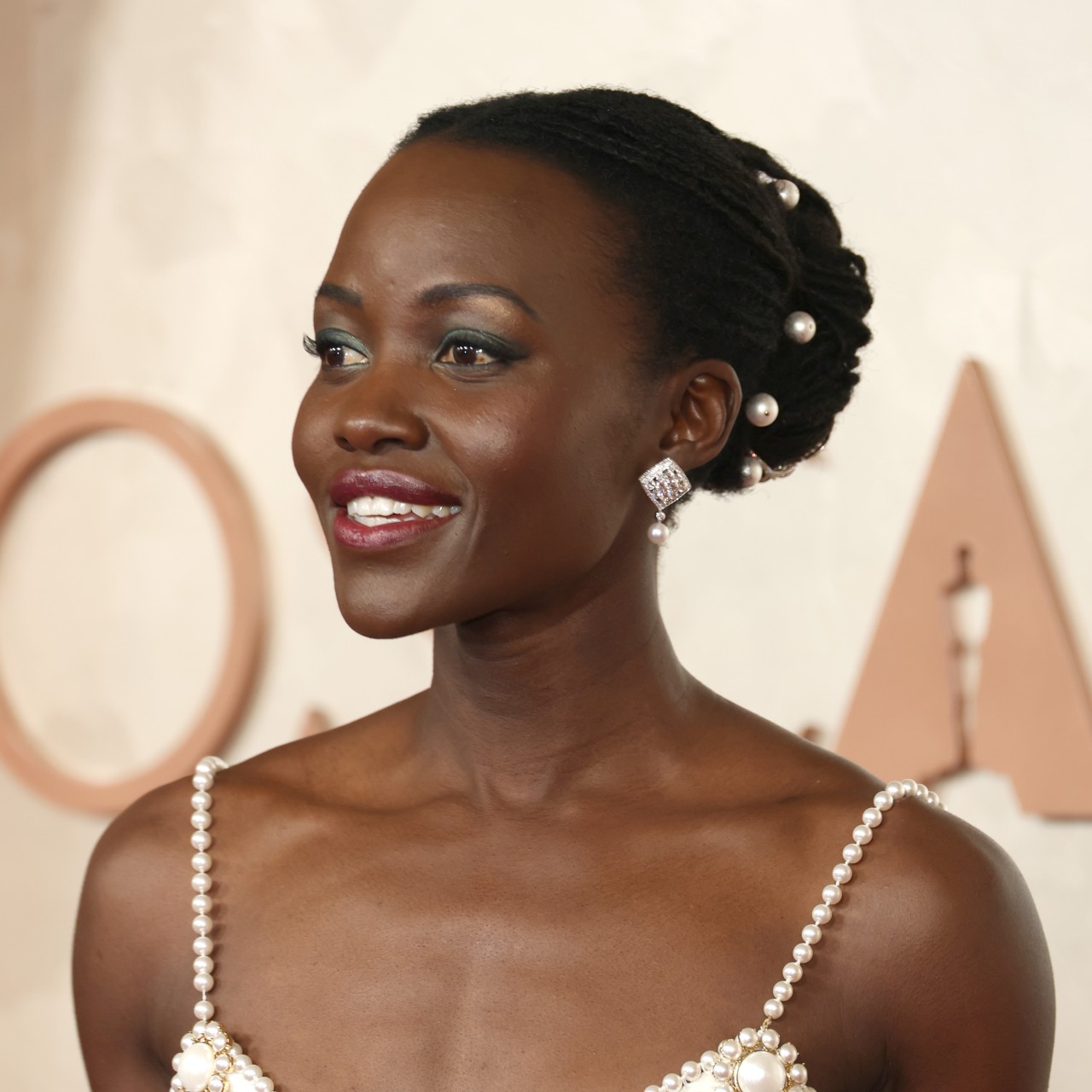 This Regal Hair Trend Is Winning the 2025 Oscars Red Carpet
This Regal Hair Trend Is Winning the 2025 Oscars Red CarpetAriana Grande, Lupita Nyong'o, and Mikey Madison are proof.
By Jamie Schneider
-
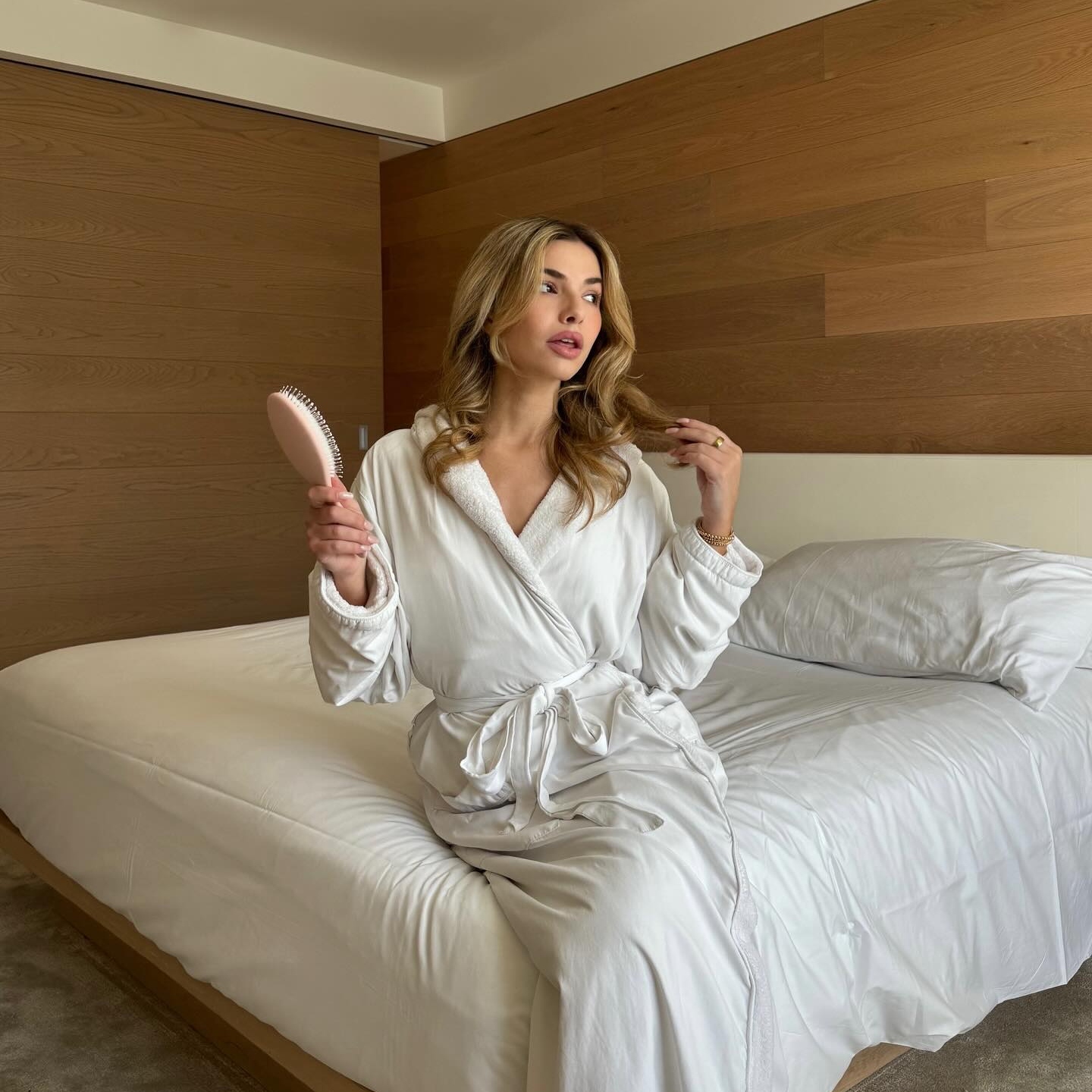 The Only Aerosol-Free Dry Shampoos That Matter, According to WWW Beauty Editors
The Only Aerosol-Free Dry Shampoos That Matter, According to WWW Beauty EditorsGive your tresses a revamp.
By Maya Thomas
-
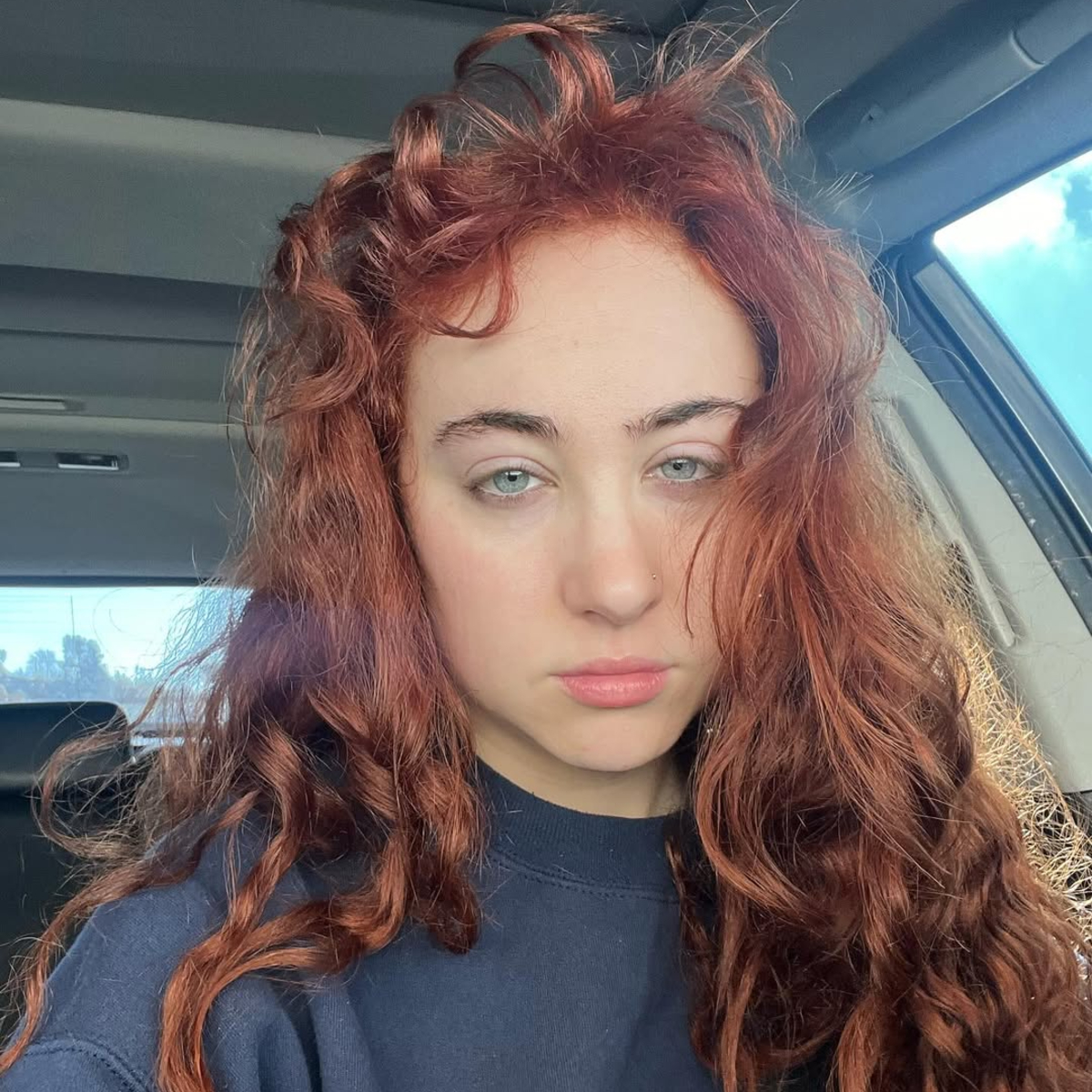 I Tried Chappell Roan's Affordable Curly Girl Haircare Routine, and It's Perfect for Super-Quick Styling
I Tried Chappell Roan's Affordable Curly Girl Haircare Routine, and It's Perfect for Super-Quick StylingFurther proof that you don't need a lot of money to look good.
By Shawna Hudson
